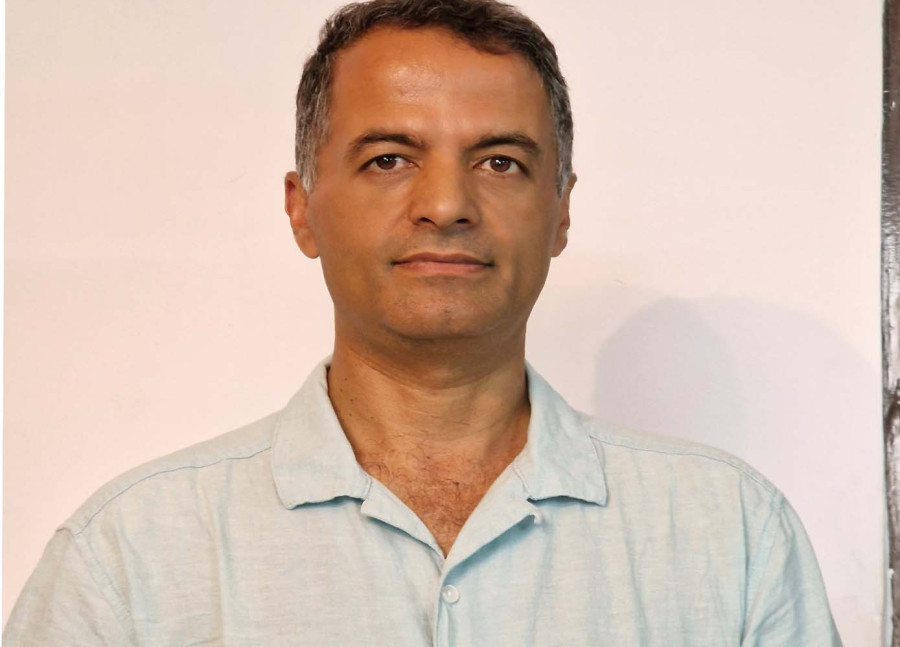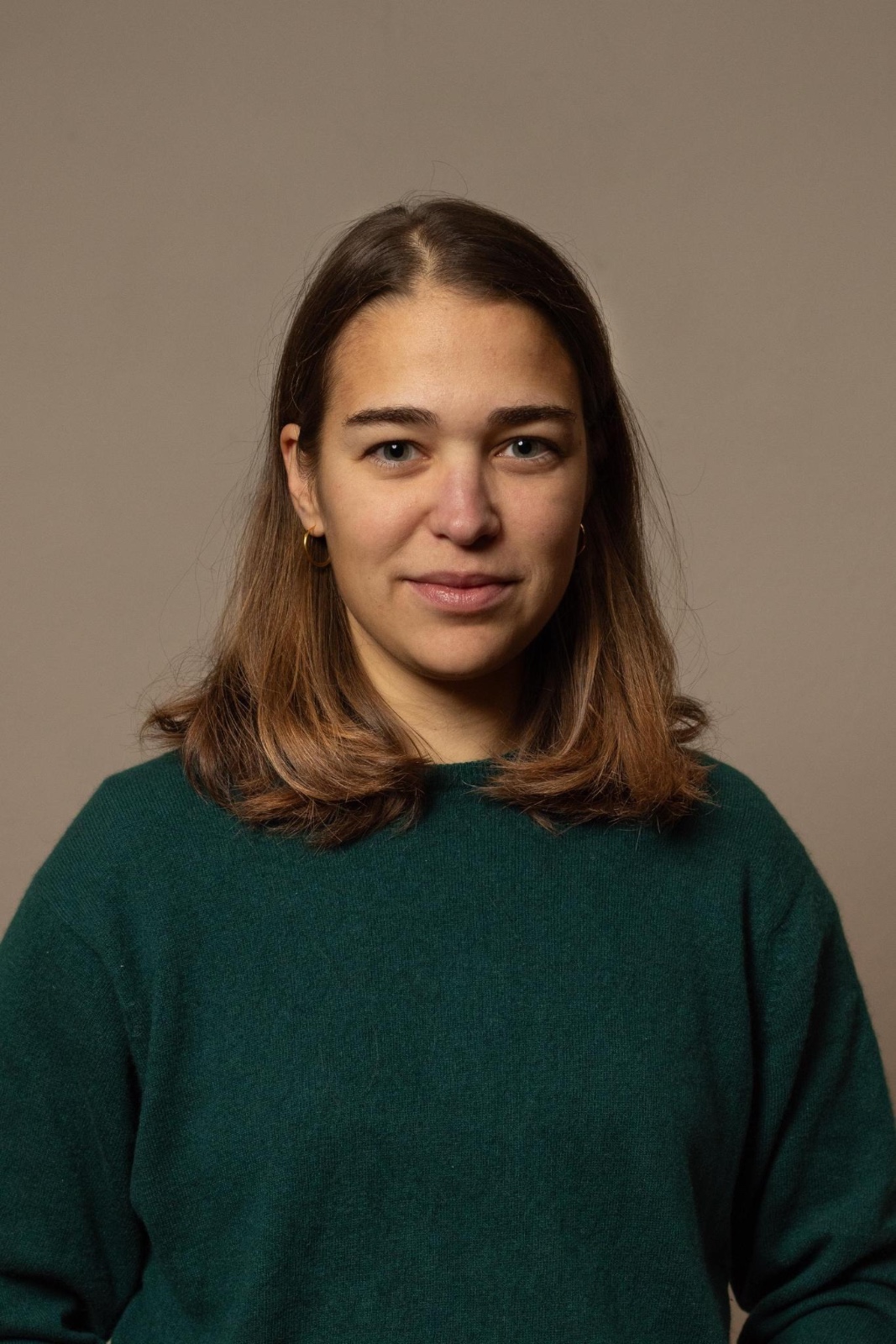Books
The bookish trail of Sunil Babu Pant
Queer rights activist shares his thoughts on storytelling and literature’s role in his activism and filmmaking.
Xenia Klaus
Sunil Babu Pant has played many roles. As the first openly gay parliament member, he helped inshrine LGBTQ rights in the Nepali constitution. He was also a monk, has a tourism agency, and made a documentary ‘Ajima and Six Gender Identities.’
In this conversation with the Post’s Xenia Klaus, Pant shares his thoughts on storytelling and literature's role in his activism and filmmaking.
You are a politician, an LGBTQ activist, a tourist guide and, since recently, a filmmaker. Is there one book that has influenced you through all of it?
It wasn’t just one book; a vast body of literature impacted me. I started reading philosophical and religious books seriously as a young teenager, and they affected me deeply. Through this reading, I discovered Mahayana Buddhism. Unlike Theravada Buddhism, which often centres on suffering, Mahayana encourages you to engage with the world. Life isn’t only about your enlightenment or meditation—it’s about much more. This idea inspired me, and I became a committed practitioner.
Is there one book that stands out among this vast body of literature?
One book that had particular significance for me was ‘Bodhicharyavatara’ by Shantideva. In it, he discusses cultivating a selfless, compassionate mind that opens itself up to others. The book provides many examples of living a life of compassion—like the story of sacrificing one’s feet to feed a starving tiger.
You later became a monk, but how has all this reading influenced your other work, for example, as an LGBTQ activist?
Buddhism and Hinduism have shaped my worldview and, by extension, all of my work. Along the way, I found more specific influences as well. As I studied these texts, I began to see connections between them. One Hindu figure who has deeply inspired me is the goddess Kali. I admire her so much—she wears her hair loose and even steps on Shiva. Seeing her made me realise how different she is from the expectations society still often has for women; she is beyond imposed morality, fully free. Yet, she is still worshipped. This was a revolutionary idea for me and has inspired my journey toward self-liberation and freedom.
Theology and philosophy are intense reading for a teen. How did you initially get into reading those books?
I was fortunate to have an educated father who was a teacher and a wonderful storyteller. He loved Bollywood movies, theology, and epic Hindu dramas. Whenever he returned from Kathmandu, he’d bring colourful movie magazines. My love for reading began with him, and soon I was hooked. Nowadays, it's harder to find time to sit down and read a book, but back in the village, reading was the only way to nourish my mind and soul.
Is there other literature besides philosophical and religious texts that have influenced your work?
I also read extensively about history, including the LGBTQ movements in Europe and America, the Dalit movement, and the histories of Hinduism and Buddhism. Learning about our country’s history has been helpful for my political work; it gives me insight into the roots of our present struggles and how they are interconnected.
It seems that philosophical books provided a constant foundation for your worldview, which you then expanded upon with insights from the specific topics you focused on.
That sounds about right.
Do you read fiction?
After getting into philosophical books, I also started reading romances and science fiction. But the romances, in particular, often disturbed me; the gender roles and society’s judgments on love created anxiety and left me feeling distanced. Besides, fiction rarely sticks with me like other genres do. It doesn’t nourish me like philosophical books do. For me, fiction is more a form of entertainment than something fulfilling.
I would argue that science fiction, for example, can be intellectually stimulating, as it encourages one to imagine different possible futures.
That is true, but sometimes, it is too much for me. It makes me lose my inner balance. One fiction book I really like, though, is ‘Siddharta’ by Hermann Hesse.
Are you into poetry?
Oh, I love poetry. It feeds the heart and soul.
You recently made a documentary, ‘Ajima and the Six Gender Identities’. Did you implement the lessons about storytelling you learned from all your reading?
The most valuable storytelling lessons came from my father and family, not from books. As the youngest child, I remember gathering around before or after dinner, and my father would tell stories. My family encouraged me to tell stories, too, and everyone would clap. That positive feedback made me love storytelling from an early age.
What does one need to be a good storyteller?
To be a good storyteller, you must first be a great listener, listening to all the stories around you. It’s also essential to understand that humans have five senses, but most storytelling doesn’t engage all of them. When telling stories orally, you rely only on your voice. So, your voice must work extra hard to convey the experiences of touch, smell, sight, and taste—it has to bring all those senses to life.
Sunil Babu Pant’s book recommendations
Bodhicharyavatara
Author: Shantideva
Publisher: Various
Year: Circa 700 AD
This is a great option for those who don’t have the time to read vast literature but still wish to grasp the core teachings of Mahayana Buddhism.
The Words of My Perfect Teacher
Author: Patrul Rinpoche
Publisher: Various
Year: 19th century
Wise individuals can sometimes become arrogant. Rinpoche’s writing shows you how to cultivate humility alongside wisdom.
Mahabharata
Author: Veda Vyasa
Publisher: Various
Year: Circa 4th century AD
This Hindu epic remains as relevant as ever. It offers insights into conflicts, the politics of war, and the sacrifices made for peace and order.
Muna Madan
Author: Laxmi Prasad Devkota
Publisher: Sajha Prakashan
Year: 1936
This heart-touching epic poem captures the complexities of love, sacrifice, and human suffering.
Seto Bagh
Author: Diamond Shumsher Rana
Publisher: Ratna Pustak Bhandar
Year: 1973
This book about the power struggles of the Ranas helped me understand the political landscape of that era.




 18.12°C Kathmandu
18.12°C Kathmandu










